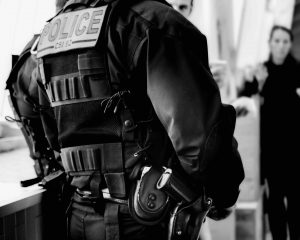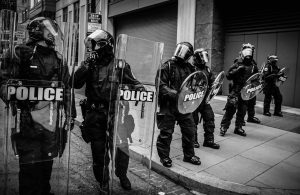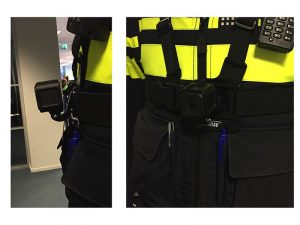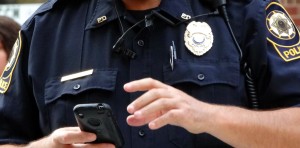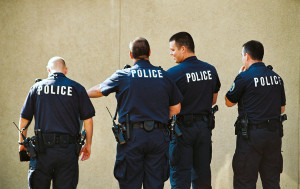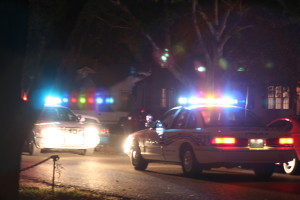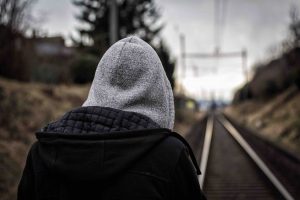 In Chicago, the government has pushed legal help for juveniles involved in murder cases. This means that whenever the police interrogate juveniles, a lawyer should be present. This includes the juveniles who are younger than 15 years of age and are involved in sex or murder offenses. Illinois lawmakers believe that this will diminish the cases of false confessions. This law was proposed only last year. Before, the state only necessitated legal representation for kids younger than 13 years of age in the cases of murder or sex. This was applicable even when the juveniles were not the criminal investigation targets.
In Chicago, the government has pushed legal help for juveniles involved in murder cases. This means that whenever the police interrogate juveniles, a lawyer should be present. This includes the juveniles who are younger than 15 years of age and are involved in sex or murder offenses. Illinois lawmakers believe that this will diminish the cases of false confessions. This law was proposed only last year. Before, the state only necessitated legal representation for kids younger than 13 years of age in the cases of murder or sex. This was applicable even when the juveniles were not the criminal investigation targets.
Governor Rauner propagated justice for children when he signed SB2370 on August 22, 2016. Public Act 99-0882 came into effect on January 1, 2017. The new bill was sponsored by two Democratic legislators. They said that juveniles aged 14 and 15 years old should certainly get legal protection. The bill included the following stipulations.
- Videotaping is required by police officials in all the questioning sessions of youth under 18 years of age for any felony, sexual offense, or misdemeanor cases. The court will not permit the confession if it is not recorded on videotape.
 Chicago Criminal Lawyer Blog
Chicago Criminal Lawyer Blog


